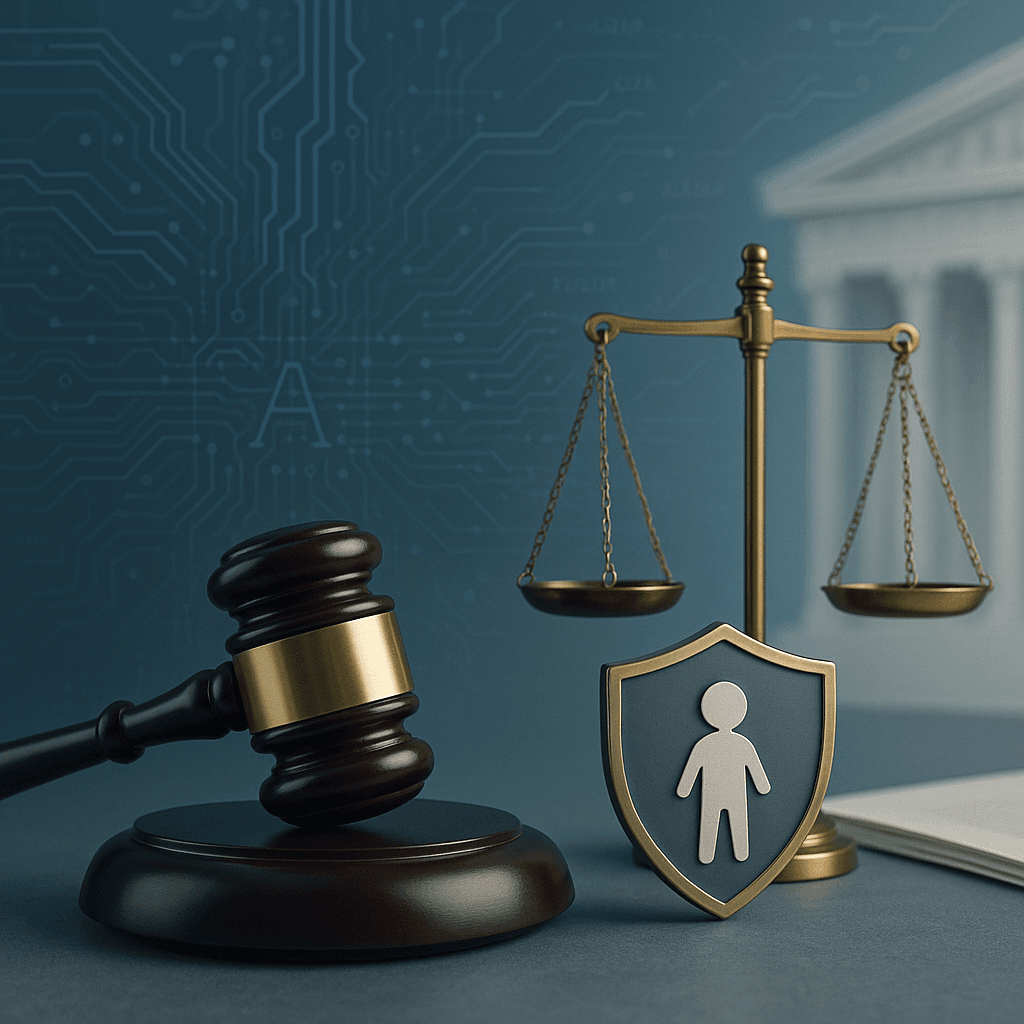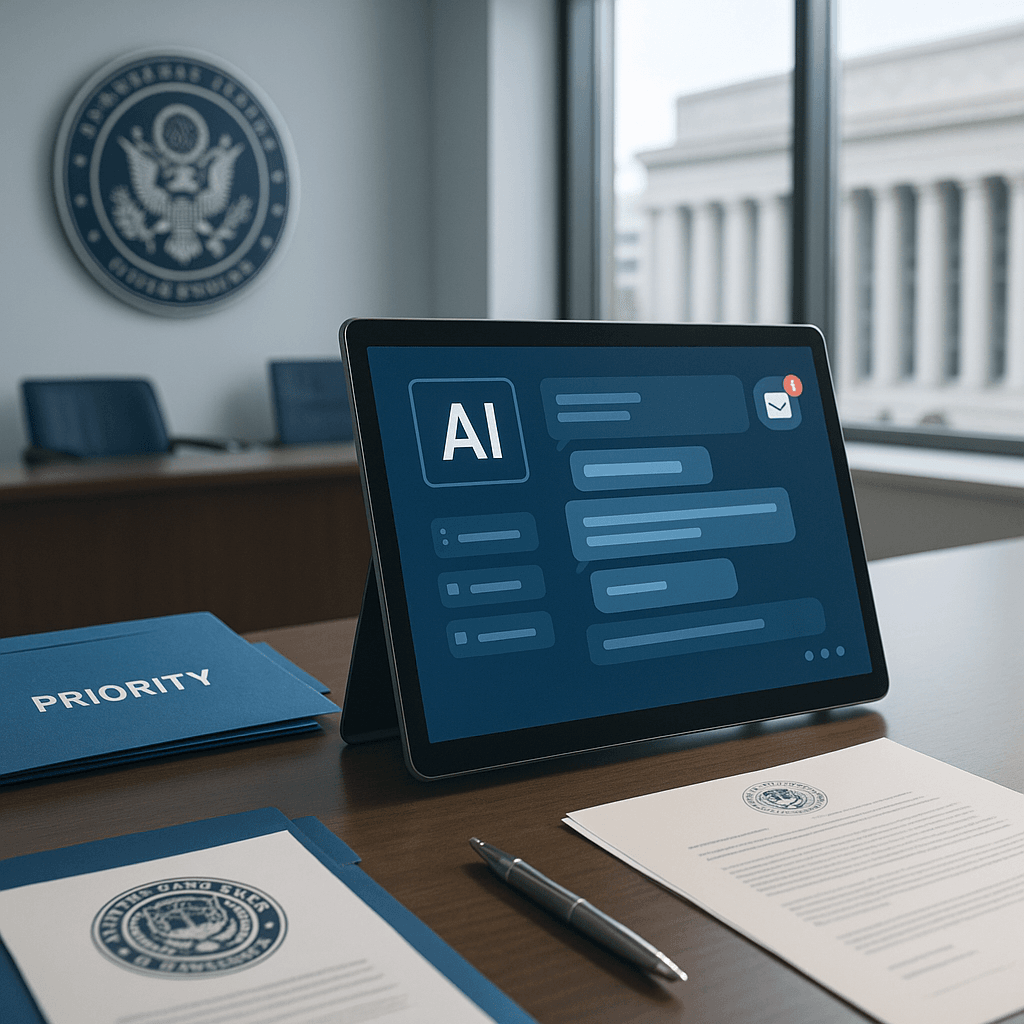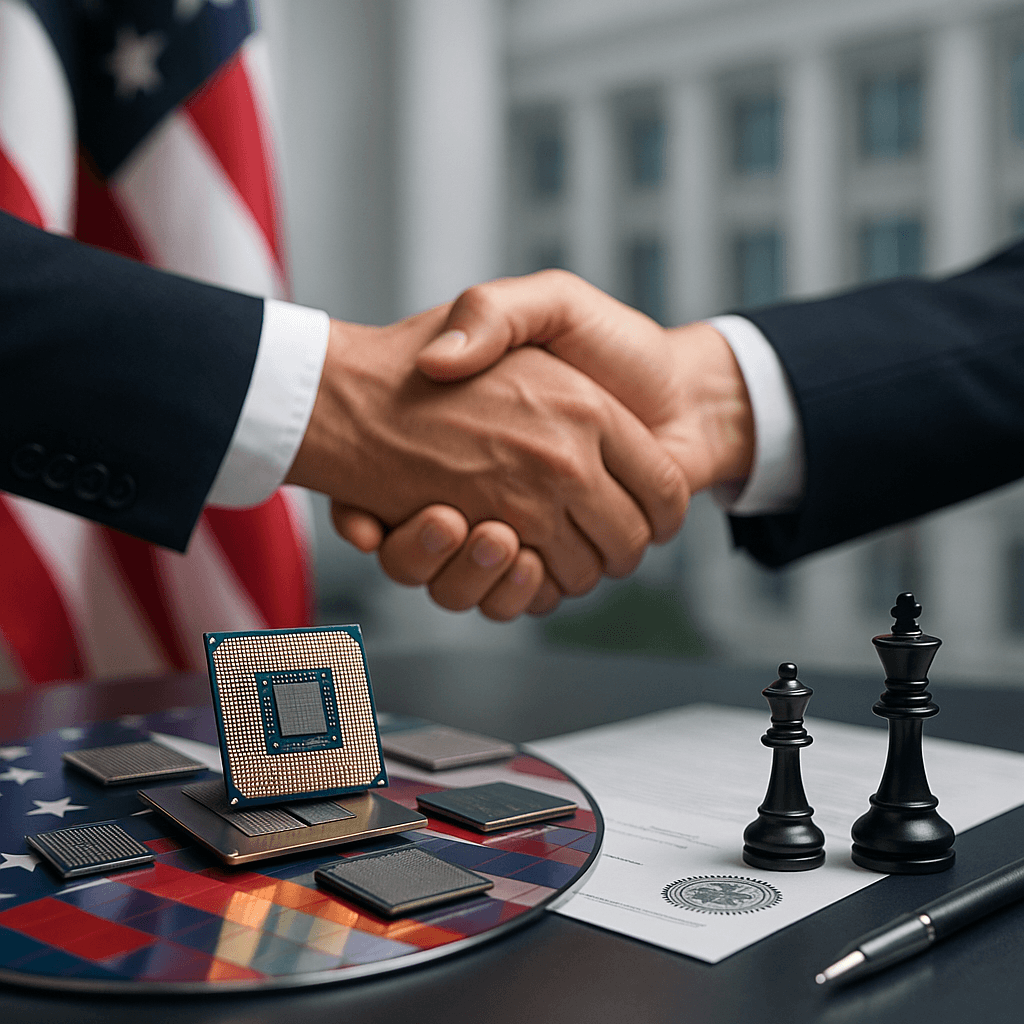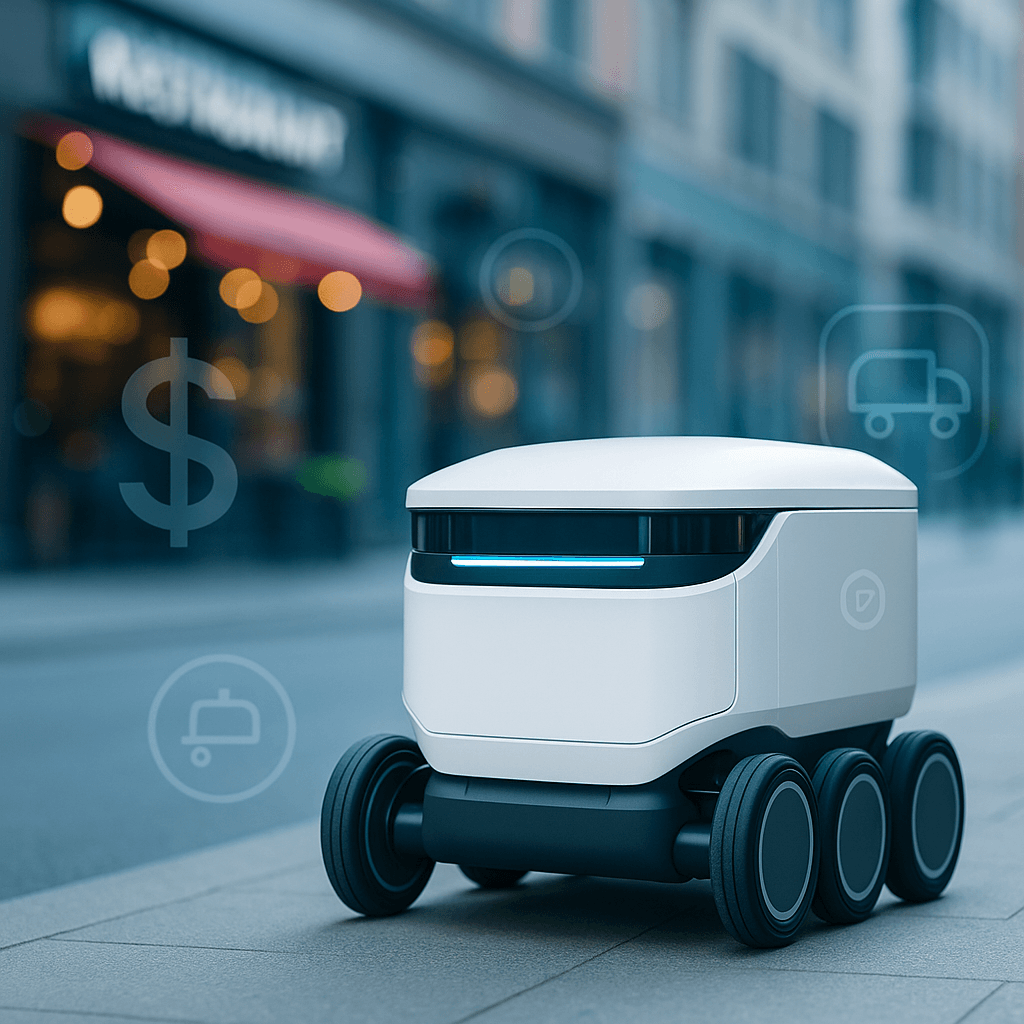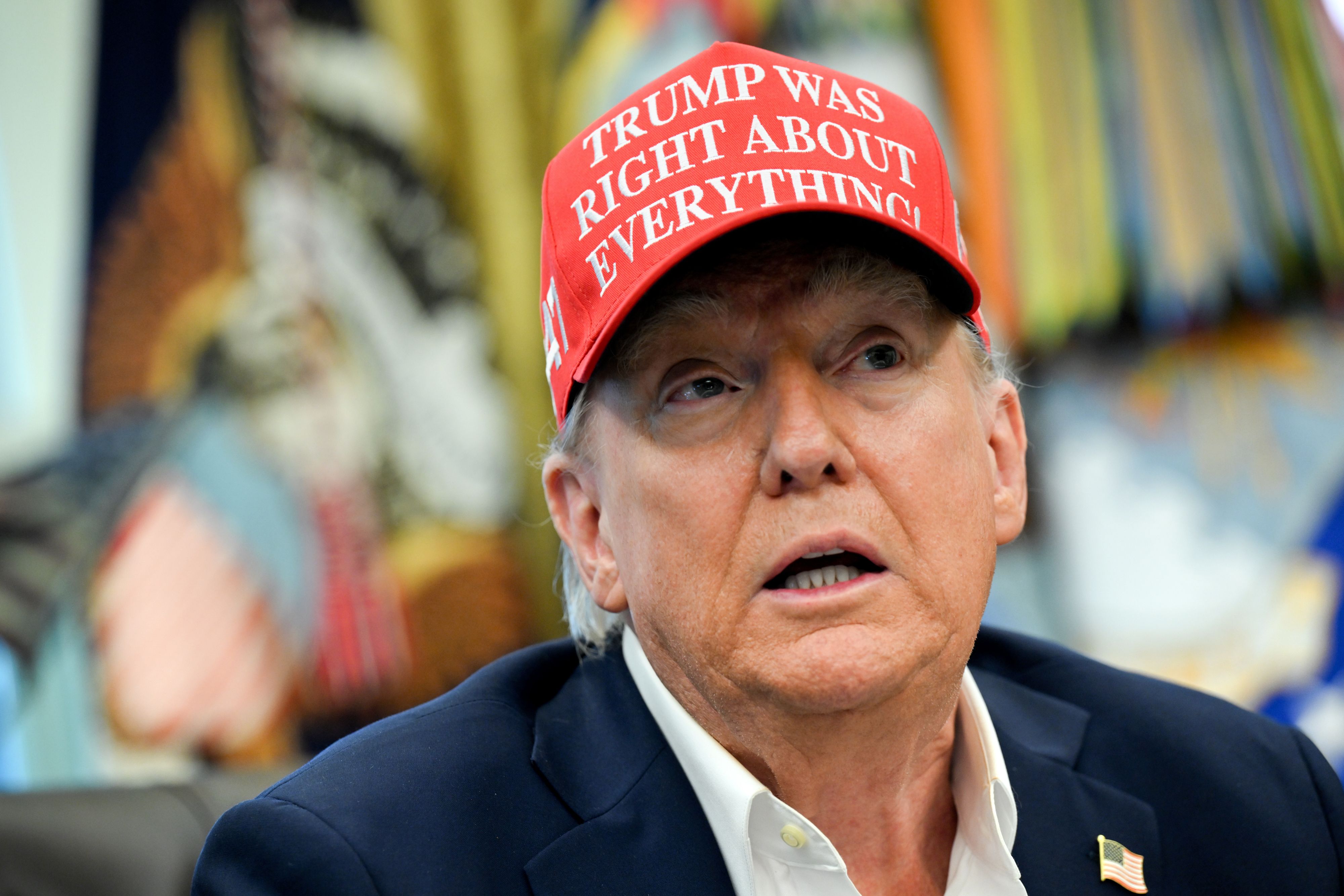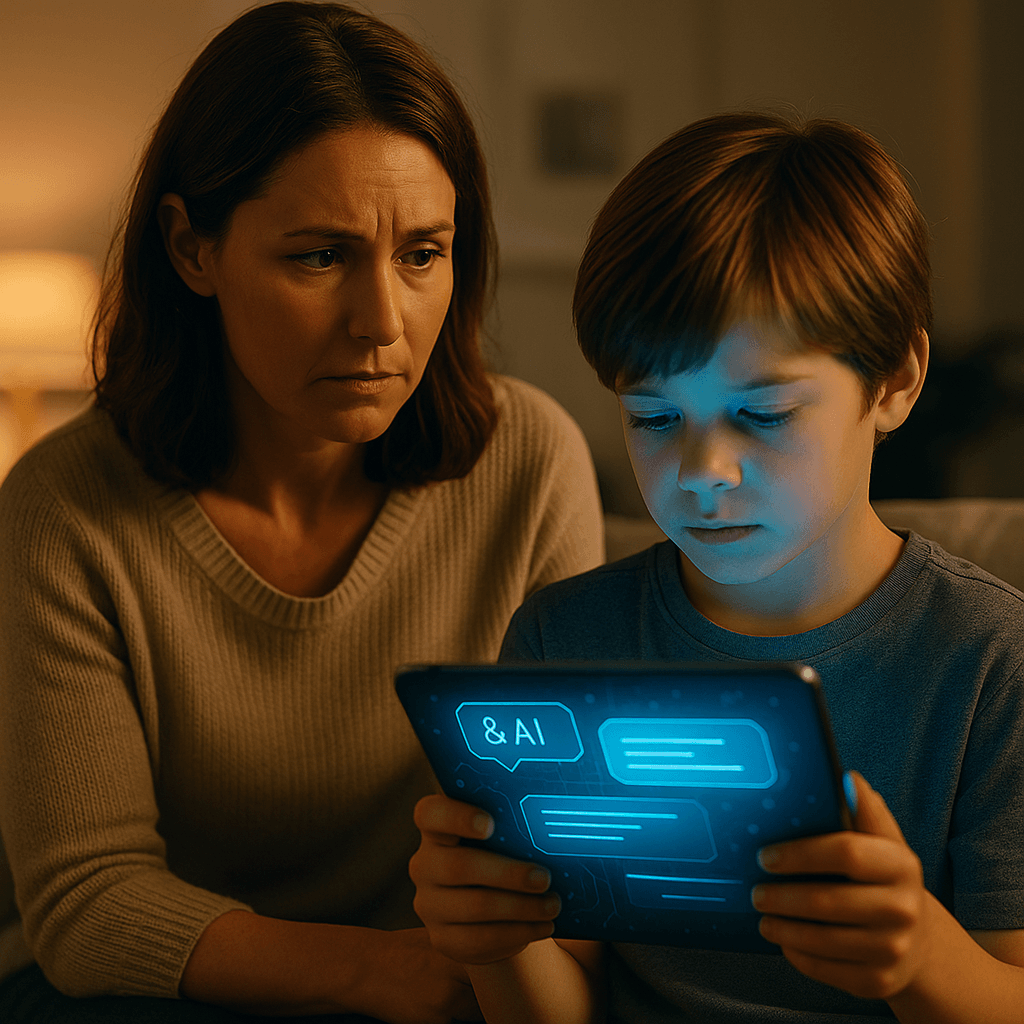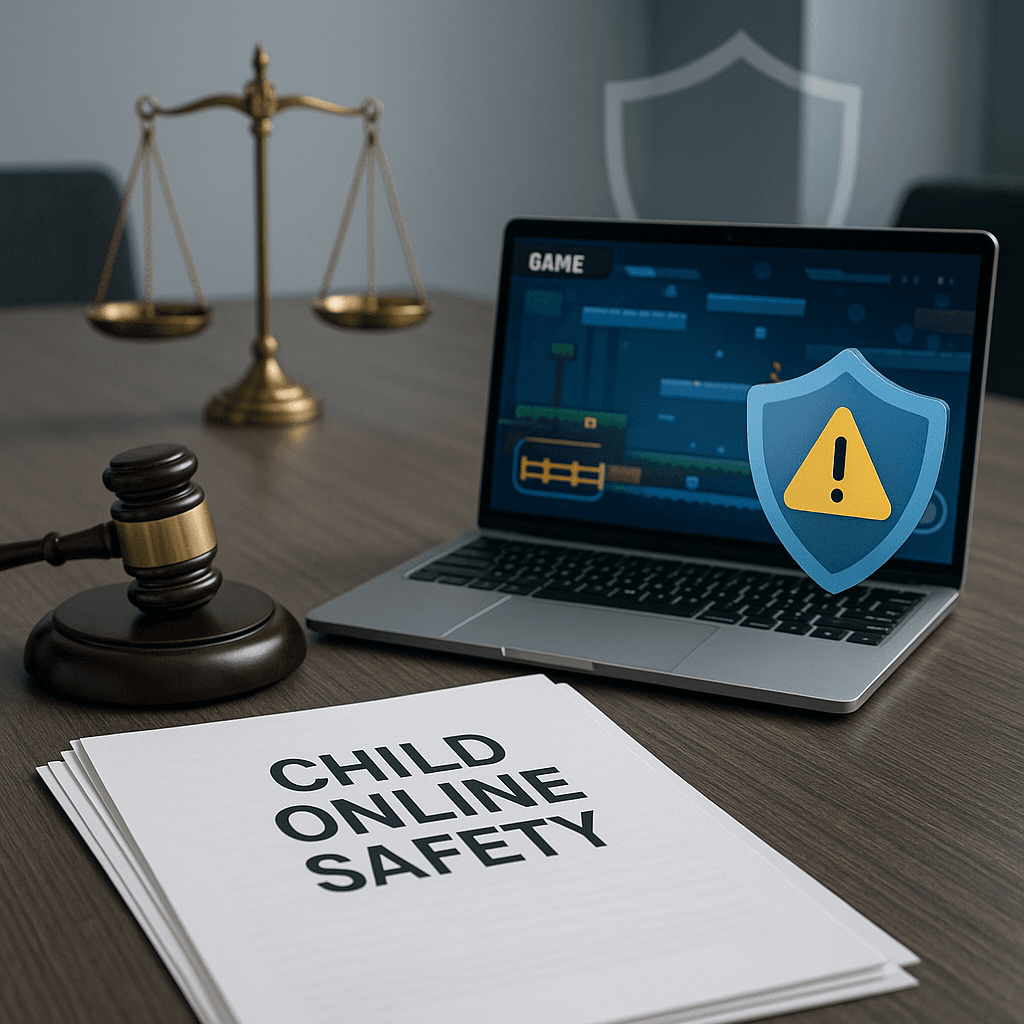California and Delaware attorneys general delivered a stark ultimatum to OpenAI following a teen's suicide after prolonged ChatGPT interactions. The warning signals escalating regulatory pressure as state officials investigate the company's nonprofit-to-profit restructuring while demanding immediate child safety measures.
State regulators just drew a red line around OpenAI. California Attorney General Rob Bonta and Delaware's Kathy Jennings delivered an unprecedented direct warning to the AI giant, citing tragic deaths they link to ChatGPT interactions and demanding immediate action to protect children.
The confrontation escalates rapidly from last week's broader industry warning. Bonta led 44 attorneys general in sending letters to 12 major AI companies following reports of sexually inappropriate AI chatbot interactions with minors. But this latest intervention targets OpenAI specifically with chilling new evidence.
"Since the issuance of that letter, we learned of the heartbreaking death by suicide of one young Californian after he had prolonged interactions with an OpenAI chatbot, as well as a similarly disturbing murder-suicide in Connecticut," the attorneys general write in their open letter. "Whatever safeguards were in place did not work."
The timing couldn't be more precarious for OpenAI. Both state officials are actively investigating the company's proposed restructuring from nonprofit to for-profit entity - a transformation that could unlock billions in investor capital but faces mounting regulatory scrutiny. The attorneys general explicitly tie safety failures to OpenAI's charitable mission, which "includes ensuring that artificial intelligence is deployed safely" and building AGI "to benefit all humanity, including children."
"Before we get to benefiting, we need to ensure that adequate safety measures are in place to not harm," they continue. The language carries obvious legal weight - state attorneys general wield significant enforcement powers, from consumer protection lawsuits to criminal investigations.
The regulatory pressure reflects growing bipartisan concern over AI's impact on vulnerable populations. While Meta and Google have faced similar scrutiny over their AI chatbots, OpenAI finds itself uniquely exposed due to ChatGPT's massive consumer adoption and the company's high-profile transition away from its nonprofit roots.
